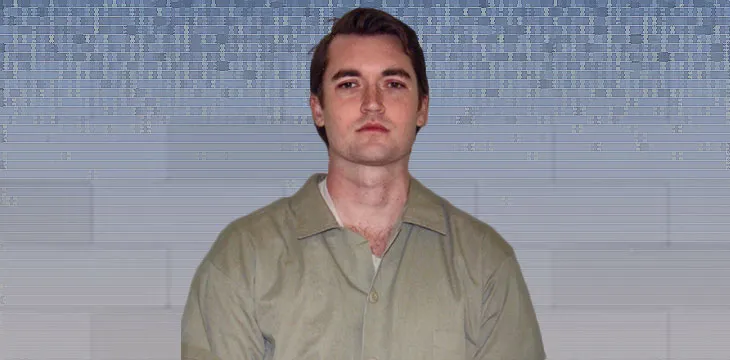|
Getting your Trinity Audio player ready...
|
Ross Ulbricht, the man behind the now defunct dark web marketplace Silk Road, has one last shot at freedom. And his legal team and family are pulling out all the stops to ensure that the 34-year-old will have his day in the highest court of the United States.
Ulbricht ran the Silk Road website under the name Dread Pirate Roberts from 2011 until 2013, when he was caught red-handed by a law enforcement sting in a San Francisco coffee shop. He was found guilty by the Manhattan jury on seven charges, including drug trafficking, money laundering and a whole host of other cyber crimes. He faces a lifetime behind bars without possibility of parole when sentencing was handed out in May 2015, which his lawyers called “unconscionable.”
Undeterred, Ulbricht’s family continued to fight for his freedom on grounds that there have been discrepancies in the course of the investigation as well as misconduct after government agents assigned to the case—two of them, in fact—were caught stealing thousands of dollars’ worth of seized BTC from Silk Road. Still, the U.S. Court of Appeals for the Second Circuit issued a 139-page decision in May 2017 rejecting Ulbricht’s claims of unfair trial and overly harsh sentence.
Ulbricht has a new legal team, Williams & Connolly, aiding his bid for freedom. In a petition for writ of certiorari filed to the U.S. Supreme Court, Ulbricht’s attorneys argued that the case has “unresolved constitutional questions about the scope of the Fourth Amendment in the digital age and the authority of federal judges to go above and beyond when handing down sentences.”
The petition raised two questions, which Ulbricht’s lawyers said have broad significance on the Fourth and Sixth Amendment protections: First, if the warrantless seizure of an individual’s Internet traffic information without probable cause violates the Fourth Amendment; and if the Sixth Amendment permits judges rather than juries to use uncharged crimes to support an otherwise unreasonable sentence.
The Supreme Court has not rejected the petition, since it is considering similar issues in the Carpenter v. United States case, which seeks to determine if police need a warrant to obtain cellphone records revealing an individual’s location and movements.
According to the Free Ross website, Ulbricht has been relocated from New York to USP Florence, a maximum security penitentiary in Colorado. The website is managed by “a group of family, friends and supporters” who are seeking to free Ulbricht “from a barbaric, double life sentence for all non-violent charges.”
“Our aim is not only to help Ross, however. By living through this ordeal, and getting to know other families and inmates in prison, we have learned that Ross is not unique in how he was investigated, tried and sentenced,” according to the group.

 09-18-2025
09-18-2025 





